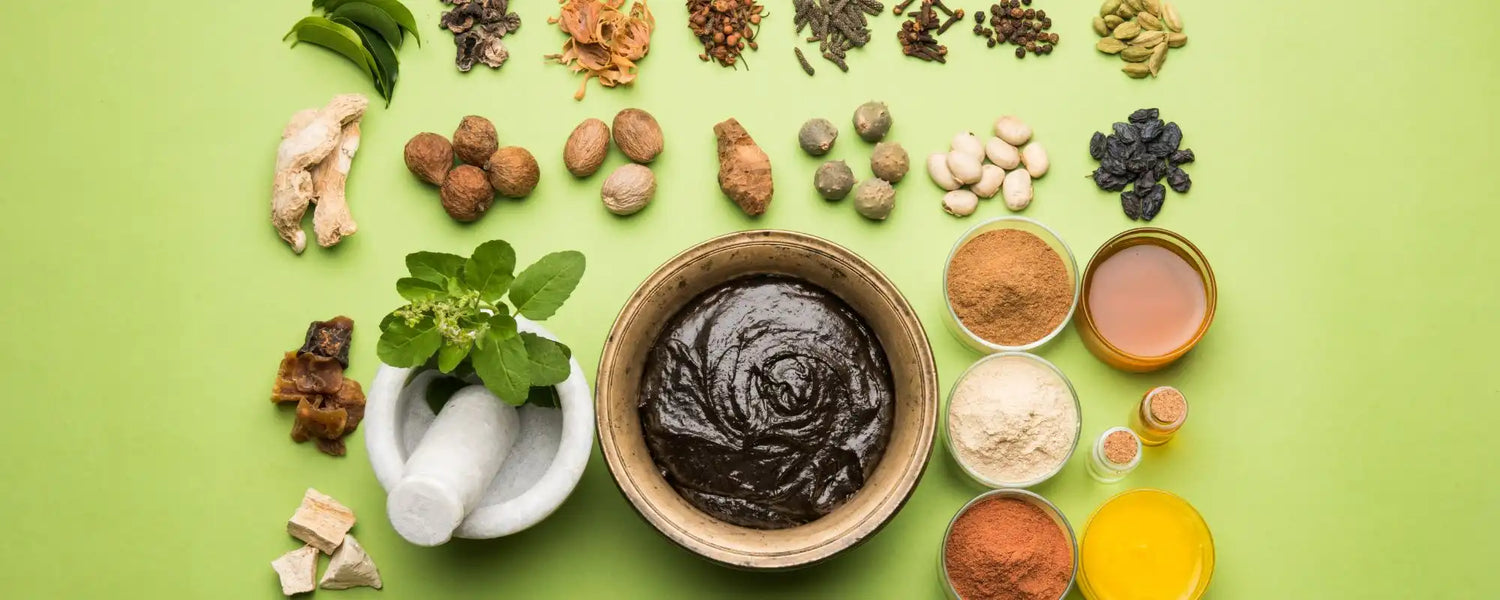Flaxseeds are a prized superfood, known for their extensive nutritive values and health benefits. The tiny, nutty and crunchy seeds have gained the status of a superfood lately, but they are actually one of the oldest crops, having been cultivated since the beginning of civilization. Also known as common flax or linseeds, these tiny seeds originated in the Middle East thousands of years ago.
Long before flaxseeds were known for its amazing health benefits, it was used to create textiles. Now they have become a staple in the world of healthy eating due to their high omega-3 fatty acids and fiber content. Some people also refer to them as “functional food,” which means food that can boost health. Tiny brown seeds are known to improve digestion, reduce risk of heart disease, type 2 diabetes, and cancer.

Nutritional content Flaxseeds are inexpensive and high in calories as compared to other nuts but are also extremely nutritious. 100 grams of flaxseeds contains 534 calories that simply means a teaspoon of whole seeds has approximately 55 calories.
Other nutrients 10 grams of whole flaxseeds contains:
- Water: 7 per cent
- Protein: 1.9 grams
- Carbs: 3 grams
- Sugar: 0.2 grams
- Fiber: 2.8 grams
- Fat: 4.3 grams
Flaxseeds have high-quality amino acids almost comparable to soybeans. They contain all essential amino acids except lysine and so they are considered an incomplete source of protein. Tiny brown seeds are also high in omega-3 fatty acids and omega-6. Besides, it contains other important minerals and compounds like thiamine, copper, molybdenum, magnesium, phosphorus, ferulic acid, cyanogenic glycosides, phytosterols and lignans.
Weight loss
Nuts and seeds hold an important place in a weight loss diet plan and flaxseeds are one of them that can be included in the diet when the mission is to shed kilos. The tiny brown seeds are loaded with fiber called mucilage, which can suppress hunger, craving and prevent you from indulging in unhealthy munching. A review study even noted that flaxseeds can promote weight loss in overweight and obese people.
Lower blood cholesterol level
Having these seeds can help to lower the level of LDL or bad cholesterol. A study suggests that consuming flaxseeds daily may help to lower the level of cholesterol by 6 per cent to 11 per cent. That's possible because of the presence of high fiber and lignan content. Both the substances bind with bile acids, amphipathic molecules synthesized from cholesterol in the liver and remove them from the body through the digestive tract. These tiny seeds can easily be paired with cholesterol-lowering medication.
Good for heart health
Flaxseeds are rich in omega-3 fatty acids that are beneficial for us in many ways, particularly in maintaining good heart health. These seeds contain a high amount of omega-3 fatty acid alpha-linolenic acid (ALA), which has shown to cut down the risk of heart diseases in several lab tests. The healthy fat basically reduces the inflammation in the arteries, which often leads to various heart issues like stroke, heart attacks and cardiac arrest.
Lower blood pressure
Consuming flaxseeds is a natural way to reduce blood pressure. According to a study published in the Journal of Nutrition in 2015, the blood pressure of participants who consumed flaxseeds daily for more than 12 weeks was reported to be under control. These seeds are also rich in potassium, a nutrient that can help to ease tension in blood vessel walls, which helps further lower blood pressure.

Diabetes
According to some preliminary research daily intake of the lignans (a compound found in flaxseeds) may improve blood sugar level. During the study, it was noticed that when people suffering from Type 2 diabetes were given 10–20 grams of flaxseeds powder supplement per day for 1–2 months their fasting blood sugar dropped by 19.7 per cent.
Cancer
Some recent studies suggest that compounds present in flaxseeds may even protect against breast, prostate, and colon cancer. In a lab study, it was found that compounds present in it can inhibit the growth of tumours. As per a Canadian study carried out on 6,000 women, consuming flaxseeds can reduce the risk of developing breast cancer by 18 per cent. Still a lot more research is needed in this area to come to any conclusion.
Reduce inflammation
ALA and lignans- the two main compounds found in flaxseeds may potentially reduce the inflammation that leads to certain illness like Parkinson's disease and asthma. These compounds block the release of pro-inflammatory agents that may contribute to inflammatory diseases. ALA has been found to decrease inflammatory reactions in humans and lignans was found to decrease the production of inflammatory cytokines in a lab test.
Hot flashes
According to a 2007 study, the episodes of hot flashes in menopausal women were reduced to half when they consumed 2 tablespoons of ground flaxseeds twice a day. Even the intensity of hot flashes was dropped by 57 per cent. Opposing this finding, another study reported no significant reduction in hot flashes between postmenopausal women and breast cancer patients consuming ground flaxseeds.

Digestion
Flaxseeds contain both types of dietary fiber- soluble and insoluble. Both the fiber can help to bulk up the stool and ensure easy passage of the bowel. Soluble fiber helps soften stool, while insoluble fiber helps to stimulate the digestive system to move waste through the gut and promote easy bowel movement. Consuming flaxseeds daily can be beneficial for people suffering from constipation and irritable bowel syndrome. But they need to drink a lot of fluid throughout the day when including flaxseeds in their diet.
Skin health
Lignans and several antioxidants present in brown seeds can also help to prevent wrinkles on the face. A study suggests that applying flaxseeds oil topically on the skin can significantly decrease skin sensitivity, roughness, and scaling. The fatty acids in flaxseeds also help in keeping the skin moisturised and smooth. Moreover, it can even repair damaged hair, prevent hair fall, eczema and dandruff.
Flaxseeds have a mild nutty nutty flavour. It can be eaten on its own or can be used in the form of flaxseeds oil. There are two types of flaxseeds: yellow and brown. Both are equally nutritious and beneficial for health. It is easy to incorporate these seeds into your diet. You can add them to your salad or smoothies. But to take maximum benefits of the tiny seeds it is important to have them in the right way. As per most experts, it is better to have ground flaxseeds over whole flaxseeds as the ground form is easier to digest. The cover shell of whole flaxseeds are quite hard and may pass through the intestine undigested, which means you will not get all of its nutrients. Also, one should not consume more than a tablespoon of flaxseeds in a day.





